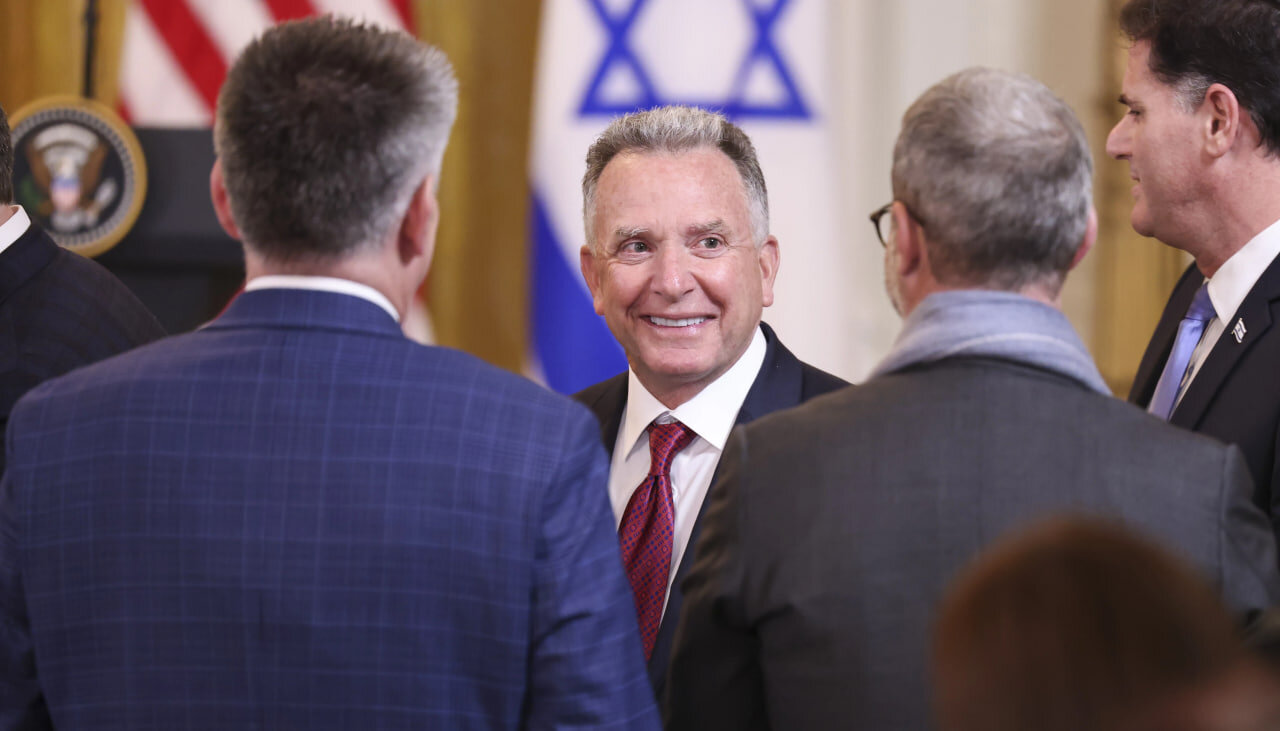With no sway at negotiating table, US turns to media tactics
Washington returns to old playbook, telling Iranians that they should end enrichment or get attacked

TEHRAN – The dispute over Iran’s nuclear program may seem complex, but it is in fact quite simple. Washington insists Iran should not develop nuclear weapons. Tehran says it is not planning to, and agrees to take steps to prove it in exchange for the termination of sanctions. The U.S. then begins asking for more. Negotiations collapse, and the pattern is repeated.
The ongoing nuclear negotiations between Iran and Washington also began that way and could be following the same path.
Iran agreed to enter nuclear negotiations with the U.S. after President Donald Trump, who unraveled an original pact in 2018, wrote a letter to the Leader of the Islamic Revolution, Ayatollah Seyyed Ali Khamenei, and told him he was willing to drop demands he had raised during his first term in office – caps on Iran’s military and foreign policies – if the country agreed to enter talks. The Leader agreed to indirect talks instead of direct ones, and chose Oman to act as go-between instead of the UAE, which was Washington's preference.
Ayatollah Khamenei, however, told the nation from the onset of the talks in early April that while Iran is serious in pursuing diplomacy, it is not counting on the U.S. to stick to the same approach. “This is one of the several projects the foreign ministry is following. Do not be too optimistic or pessimistic about it,” the Leader explained.
It has now become clear why the Leader was not counting on what he was hearing from American officials at the time, who were happy that they were talking to Iranians, and were refraining from bringing up Iran’s redlines both in public and in private. After four rounds of high-level discussions, U.S. officials are now saying that they want Tehran to stop the enrichment of uranium, something that has always been a nonstarter for the West Asian country throughout the past decades.
Ayatollah Khamenei reaffirmed on Tuesday Iran's unwavering commitment to uranium enrichment, dismissing U.S. demands to halt the process as "utter nonsense." He declared, "We aren’t waiting for anyone’s permission. The Islamic Republic has certain policies, and it will pursue them.”
The U.S. may have hoped that others in Iran’s political system would pressure the Leader to accept new concessions that the country has never agreed to, not even when signing the JCPOA in 2015. But much to its dismay, all political parties in Iran are rallying behind Ayatollah Khamenei. The conservative-majority parliament has said the country will never “give up its right” to enrich uranium, and the reformist administration of President Masoud Pezeshkian has promised that enrichment will continue “with or without a deal”.
Lacking other viable alternatives, the U.S. now appears to be attempting to create anxiety among the Iranian populace, presumably to exert public pressure on the government. To achieve this, it relies heavily on mainstream media outlets and Western-based Persian-language channels to disseminate its message within Iran.
Citing unnamed sources, CNN alleged Wednesday that U.S. intelligence shows "Israel is making preparations to strike Iranian nuclear facilities." It added that if the current discussions between Tehran and Washington do not result in the dismantlement of Iran’s enrichment capabilities, Israel is all but sure to proceed with its alleged plans. Reuters, also citing unnamed sources, then reported on alleged confusion among Iranian officials, claiming that senior leaders are unsure how to respond if the nuclear negotiations collapse and the U.S. were to strike Iran.
However, this new tactic may not be working either. Ordinary citizens in Tehran, when asked, did not express significant worry about a potential Israeli attack, nor did they expect a collapse of talks with the U.S. to have a substantial impact on their daily lives.
“They’ve already imposed every possible sanction. What more can they do?” remarked a 32-year-old office worker, who entered the workforce in 2018, the year Trump began his so-called maximum pressure campaign against Iran. When asked whether he is worried about potential strikes on Iran’s nuclear facilities, the young man dressed in a grey suit said, “Not really”. “They’ve been threatening us for years. If they could have done it, they would have by now.”
During a recent interview with American media, Former U.S. Secretary of Defense Robert Gates said he does not believe Iran’s nuclear sites can be destroyed. The sites are hardened and placed deep under the ground. “You cannot get at the very deeply buried parts of the Iranian nuclear program,” he told CBS News “My argument is, if you attack their nuclear program in a way designed to try and destroy it, you will simply make the Iranians more determined to have a nuclear weapon and to bury the whole program even deeper. It buys you a little time, but it doesn't solve the problem.”
Furthermore, any attack on Iran’s nuclear facilities is sure to draw a firm, strong, and devastating response from Iranian armed forces, who, back in March, had already loaded missiles onto launchers for the operation.
Leave a Comment